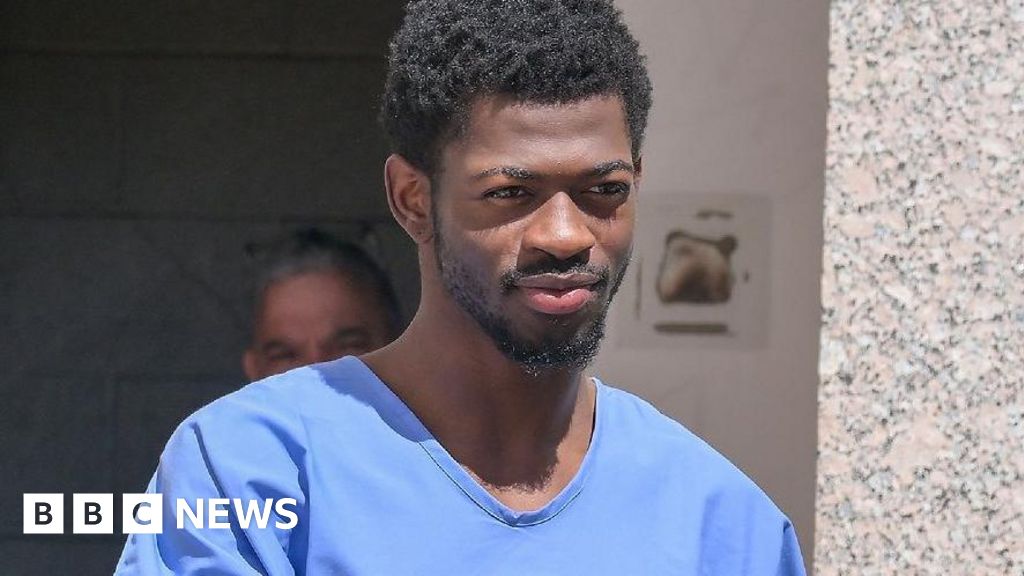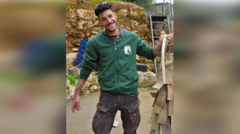In a heartfelt tribute, the Australian Red Cross Blood Service announced the passing of James Harrison, one of the world’s most prolific blood donors, who saved over 2 million babies with his extraordinary plasma. He passed away at the age of 88 at a nursing home in New South Wales, leaving a legacy that few can rival.
Harrison, affectionately known as the "man with the golden arm," was endowed with a unique blood type that contained the rare antibody Anti-D. This critical component is used to develop medication for pregnant women whose blood might attack their unborn infants. Harrison’s remarkable journey into blood donation began at the age of 14, when he received transfusions while undergoing significant chest surgery, pledging to give back in any way he could.
His blood donation efforts truly took off at 18, during which he donated plasma consistently every two weeks until he was 81 years old. At one point, he held the world record for most plasma donations, a title he held until it was surpassed in 2022 by a donor in the United States.
His daughter, Tracey Mellowship, shared how proud her father was to have provided life-saving help without any cost or discomfort. Reflecting on the impact of his donations, Mellowship noted that their family is among the many that owe their existence to Harrison's generous spirit.
The Anti-D injections provided to expectant mothers protect their babies from severe complications related to a condition called hemolytic disease of the fetus and newborn (HDFN). Before the development of Anti-D mechanisms in the mid-1960s, half of the babies diagnosed with HDFN faced dire consequences.
While the specifics surrounding Harrison's unique blood composition are not fully understood, it's believed that the transfusions he received motivated his body's response to produce necessary antibodies. Currently, there are fewer than 200 donors in Australia capable of producing Anti-D, but their contributions support around 45,000 mothers and their babies each year.
To promote further accessibility, Lifeblood is collaborating with the Walter and Eliza Hall Institute of Medical Research to produce lab-grown Anti-D antibodies, which they hope will provide an innovative solution for mothers worldwide. Lifeblood’s research director, David Irving, emphasized the dire need for committed donors who can consistently generate the required antibodies in stable quality and quantity.




















